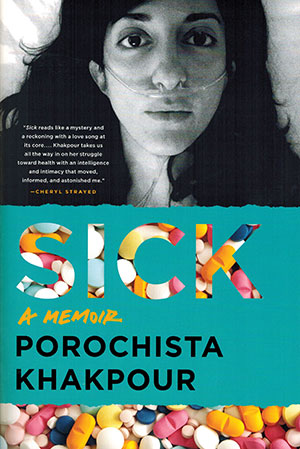


“Women suffer the most from Lyme.” Porochista Khakpour writes. The American healthcare system has well-documented habit of minimizing or ignoring female pain-according to a 2008 study from the National Institutes of Health, women have emergency wait times that are 16 mintues longer on average, and are prescribed opioids 13 to 25 percent less when experiencing pain.

After years of chronic pain and countless emergency room visits, Khakpour is told by a nurse, point blank, “Nothing is wrong with you physically, you need to understand that.” Eventually, she begins to believe it.įainting felt, just as Khakpour writes, “like the life force was being vacuumed out of me, from every orifice.” Her slow trudge toward a diagnosis is a source of trauma in itself. She has survived sexual and domestic assault, which she describes in her memoir with the type of nonchalant restraint that is born out of trauma’s normalization. Khakpour’s mental and physical wellbeing are inexorably tied together-she notes that her flare-ups coincide with external political stressors, like the Paris attacks or Donald Trump’s election and his “Muslim ban” executive order.


 0 kommentar(er)
0 kommentar(er)
